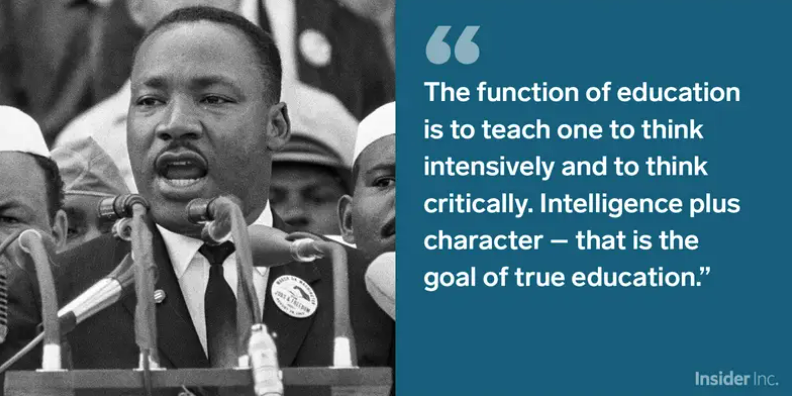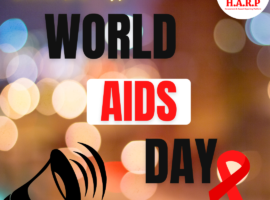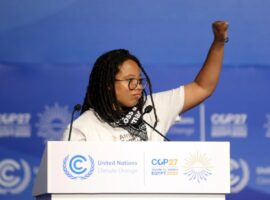Racism is the systemic oppression of a racial group to the social, economic, and political advantage of another. Racial microaggressions are unconscious and subtle forms of racism that often go unnoticed when juxtaposed with more overt expressions of racial animus (Delgado and Stefancic 1992; Yosso et al. 2009). Unfortunately, these experiences are quite common in most predominantly caucasian professional settings. Studies show about 81% of Black people with at least some college experience have faced racial discrimination in the workplace, with 17% admitting that they experience it regularly.
While Black students currently make up approximately 13% of the college population, the graduation percentages are significantly lower than that of their white counterparts. This number drastically decreases even further when we consider the STEMM sectors. according to the Nations Science Foundation’s 2019 statistics on engineering occupation demographics, Black/AA = 4 % , Latinx = 8%, and Native American/Alaskan natives = 0.3%.
These issues of blatant racial aggressions and “microaggressions” often result in the highest attrition rate of black men compared to any other college demographic. The psychological stressors associated with racism and the stress of these experiences result in less than optimal adjustment experiences. Although we have seen notable increases in Black women graduates in recent years across the academic spaces, many have begun shedding off the “strong Black woman” facade that has left many psychologically and physically exhausted.
It wasn’t until 1954 when Black students were allowed to have school in the same place as White students and 1964 when segregation was legally ended. The attitude of people in power who had existing privileges was entirely clear of how they felt towards the changes in society once discrimination was legally banned via the 14th Amendment. Standing here today in 2022, we are still treated with the same disregard and disrespect, just in a more concealed manner.
The mistreatment of African American students in predominantly white institutions remains a prominent issue. Whether through the belittlement of a student’s intelligence, denial of resources, or aggressive treatment in contrast to other students, many Black students have shared their experiences of unfair, micro aggressive, or blatantly racist treatment from instructors in the PWI setting. Sadly, this behavior continues in professional settings. If people in positions of power and privilege are not held accountable, students and fellow professionals will continue to suffer this abuse at the cost of their health and wellbeing. We need a place of refuge.
Parents and professors should be more intentional in ensuring Black students don’t have to choose between their physical, mental, and emotional well-being or degree. In the same light, we must create workplaces that are truly inclusive and supportive of Black employees so that they do not have to make the same decisions concerning their jobs.
We must have a system where minoritized students feel safe enough to report such behavior and see action that effectively addresses the root causes rather than performative activism. Every predominantly white industry and institution should have an active support group. This way, every black student and employee knows that there is a team supporting and validating their lived experiences. A place of defense. We students also must not stifle our feelings for fear of making a “disruption” or being a “problem.” Instead, we speak up with every microaggression and mistreatment and let our aggressors know we are here and here to stay.
Understandably, many promote the “bite back” style of self-defense, but I can testify that strict boundaries and forgiveness also win battles you’d never imagine. In my own experience, I was left with the option to return the treatment that was given to me by a few of my professors. Although some were people of color, sadly, they still mistreated me by-product of white supremacy and power. Some had told me that my name was “too difficult,” and others, numerous times, belittled my intelligence. This treatment was visibly different from my white classmates, making me fear failing their class. Millions of other African Americans who experienced this issue and I were beginning to get mentally and emotionally exhausted.
After seeking counsel about this issue, I learned I don’t have to be like my professors, respond like them, or follow what they were taught. I am full of love and continue to perpetuate just that. However, this didn’t make me passive, as I sternly addressed the issues head-on when I met with them. People are different, and not everyone will take the confrontational approach. This fact emphasizes the importance that our black students and workers have a place of refuge and defense. A team will stand beside them when it is time to fight for their rights, and a team to call family to eradicate the isolation that predominantly white industries and institutions portray. Ultimately, this all comes down to love; the Bible does remind us that perfect love drives out fear, and likewise, MLK reiterated that love drives out hate (MLK).
Feature By: Somtochi O.




